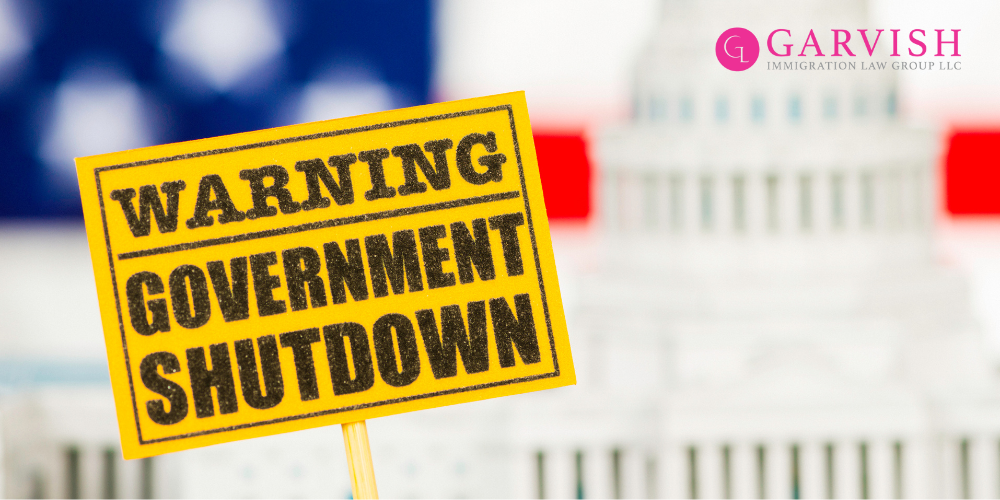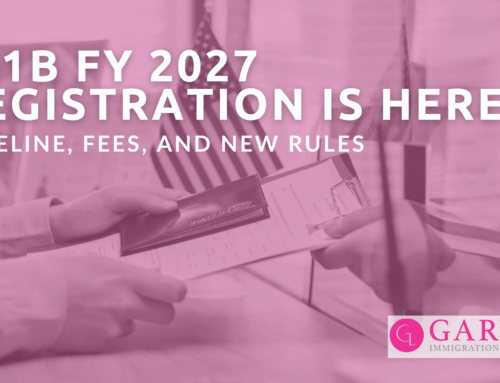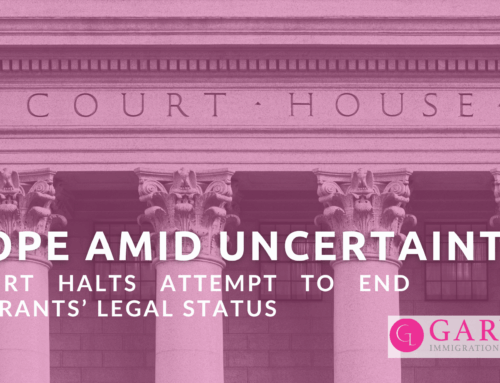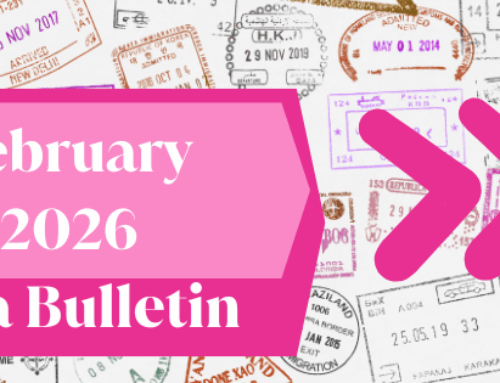The federal government may enter a shutdown beginning at 12:01 am on Sunday, October 1, 2023, if there is a lapse in federal government funding. As we prepare for a possible government shutdown in 2023, here is what we can expect from the various government agencies:
DEPARTMENT OF LABOR
The Department of Labor’s Office of Foreign Labor Certification (OFLC) has indicated that they may need to temporarily suspend the Foreign Labor Application Gateway (FLAG) system during a government shutdown. This system plays a crucial role in processing labor certifications and wage determinations for new visas. While this might result in a pause in processing Labor Condition Applications (LCAs), Prevailing Wage Determinations, and PERM Labor Certifications, it’s essential to remember that agencies are proactive in addressing these challenges. We anticipate the DOL will issue guidance regarding flexible deadlines for filing PERM Labor Certifications, offering employers room to adapt.
USCIS
USCIS, responsible for administering the U.S. immigration system, operates primarily on fees from applicants rather than federal appropriations. As a result, standard USCIS filings for both nonimmigrant and immigrant visas should continue without interruptions. Although the halt in DOL’s LCA processing could affect some nonimmigrant visa applications, the overall impact is likely to be minimal.
Past experiences, such as the 2018 government shutdown, have shown that USCIS can exercise discretion to accommodate late-filed Form I-129 filings when the primary reason for delay is a government shutdown. While we encourage vigilance, USCIS has proven its commitment to finding solutions during challenging times.
E-VERIFY
In the event of a government shutdown, the E-Verify system may experience downtime. Employers may temporarily lose access to their accounts and encounter delays in resolving Tentative Non-Confirmations (TNCs). However, these disruptions should be seen as opportunities for innovation. Employers can leverage this period to review their internal processes and ensure compliance with Form I-9, Employment Eligibility Verification requirements, which remain unaffected.
Post-shutdown, employers are advised to process E-Verify inquiries for affected employees, and any inquiries regarding delays can be attributed to the “Federal Government Shutdown” under the “other” drop-down selection. USCIS will likely provide additional guidance on the “three-day rule” and TNC resolution deadlines when operations resume.
CBP
Customs and Border Protection (CBP) remains committed to facilitating international trade and ensuring the enforcement of U.S. regulations. As inspection and law enforcement personnel are deemed essential, ports-of-entry should continue processing passengers and border crossings. Although the impact on visa applications at the border remains uncertain, the spirit of adaptability within the system can help overcome potential challenges.
DEPARTMENT OF STATE
U.S. embassies and consulates abroad, responsible for processing visas and passports, are funded primarily through fees, ensuring that their operations continue even during a government shutdown. While unforeseen local conditions may occasionally affect consular operations, the system’s resilience remains a source of optimism.
About the Author
Elizabeth Garvish
Elizabeth L.A. Garvish founded Garvish Immigration Law Group, LLC in 2011 after practicing immigration law in small boutique firms, big law and nonprofits. Elizabeth is a frequent speaker and presenter on entrepreneurship and U.S. immigration topics around the world. She is an active member of the American Immigration Lawyers Association (AILA) and serves on various national committees and is the Past Chair of the Georgia-Alabama Chapter of AILA. Elizabeth is also a certified member of the EO Global Speakers Academy.





